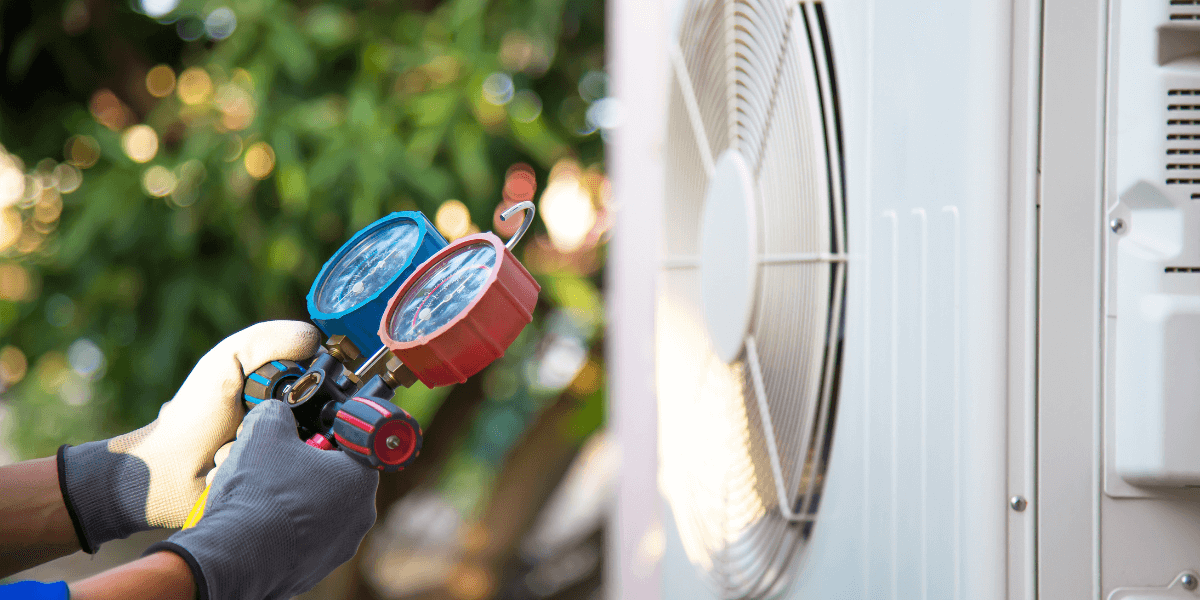Heat pumps instead of boilers: what the feasibility studies say
ENEA launches PDC_RISC, an app that evaluates boiler replacement with a heat pump: case studies show variable savings depending on fuel and insulation.

Is replacing a traditional boiler with a heat pump really always cost-effective? To answer this question, ENEA and the University of Padua have developed the free PDC_RISC app, which allows you to evaluate the technical and economic feasibility of the replacement in just a few minutes. The tool takes into account building, radiator, and consumption data, providing realistic simulations. The first five case studies demonstrate that cost-effectiveness depends on factors such as the initial fuel, the level of insulation, and the type of system: savings are greater with LPG and diesel, while benefits may be reduced with natural gas or wood.
What the PDC_RISC app evaluates: key requirements and parameters
The app is designed for buildings with independent heating using traditional, non-condensing boilers and radiators compatible with the simulation system. To access the assessment, the home must have already benefited from energy efficiency improvements (insulation, new windows, roof or floor insulation) and must have been permanently occupied for at least a year, ensuring reliable consumption data. Users enter the surface area, height, year of construction, type and number of radiators, as well as the characteristics of the existing boiler. If the requirements are not met, the app indicates which interventions are necessary to make replacement possible, thus also providing guidance for future efficiency improvements.
From case studies: when replacement is really worthwhile
The five examples analyzed by ENEA show very different scenarios.
- In a villa in Teolo (PD), installing a 6 kW heat pump in place of a natural gas boiler generated annual savings of 148 euros and a reduction of 0.44 tons of CO₂.
- In an apartment in Livorno, with methane , the savings rose to 301 euros and 0.84 tons less CO₂.
- The most significant advantages, however, are recorded in homes served by LPG , such as in Catania, where the estimated saving is 403 euros per year.
- With wood , however, the economic benefits are reduced, while still guaranteeing a reduction in emissions, as tested in a 95 m2 apartment in Aosta.
- Finally, an apartment in Cagliari failed to meet the initial requirements: in this case, the app indicated the need for further insulation before considering switching to a heat pump.
Critical factors for designers and families
The results show that replacing a boiler with a heat pump is more advantageous when starting with expensive fuels like LPG or diesel and when the building is already partially efficient. With natural gas, the benefits are more limited, while with wood, the environmental impact outweighs the cost savings. It is therefore crucial for designers and technicians to evaluate the level of insulation , the type of radiators , and the possibility of combining the intervention with a photovoltaic system . Only an integrated approach allows for maximizing both economic and environmental benefits, transforming the investment into a lasting solution for comfort and sustainability.




